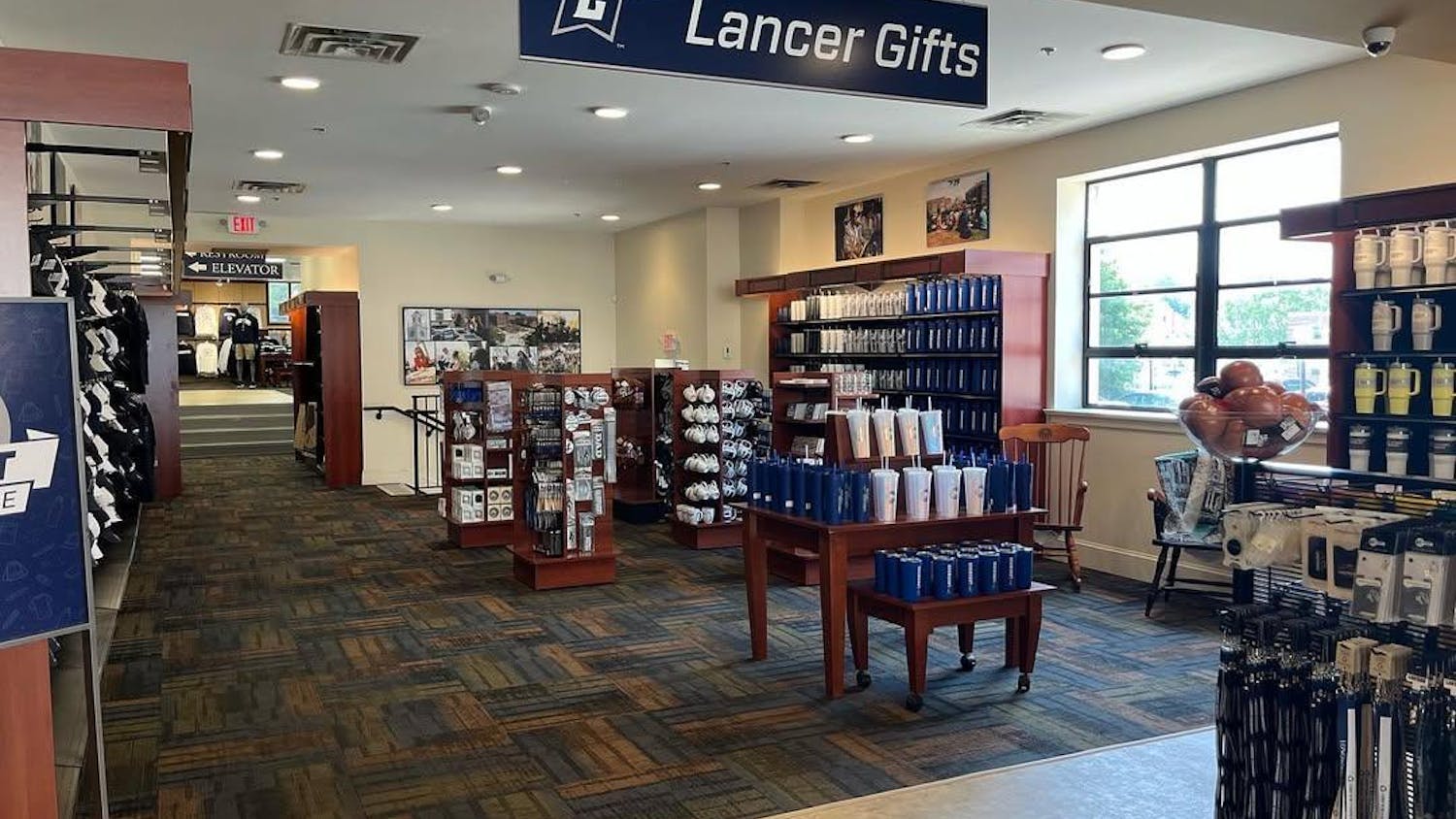Every semester at Longwood University there are numerous educational programs open to all students. These programs can range from domestic abuse to drinking and driving to resume writing. What students might not know is that these events are typically sponsored by on-campus organizations—more than one at that. These student organizations can use the Educational Programming Appropriations Act (EPAA) in order to receive funding for these events. There are very few rules regulating how to get your hands on this type of funding according to Brian Reid, treasurer of the Student Government Association (SGA).
The EPAA is a fund that uses extra money from student activity fees that isn't used or allocated to clubs at the start of the semester. According to Reed, the SGA sets aside $30,000 every year (that's $15,000 per semester) for this fund. "It's a fund where we allocate money to certain events that affect the entire school. They're educational programming events and one of the guidelines is that they have to be sponsored by at least three student organizations," said Reid.
There are three basic rules behind obtaining funding from the EPAA. The event must be educational, it must be co-sponsored by at least three on-campus organizations, and it must be open to the entire campus.
The $15,000 each semester is used to fund as many events as possible with that money and there is no limit to the amount of money organizations can request for a program. At this point, there have been two requests for funding through the EPAA this semester, and the SGA Senate, according to Reid, approved both.
One of these programs is called the Save a Life Tour, sponsored by Order of Omega, Lancer Productions, Delta Zeta, Phi Kappa Tau, Peer Health Educators, and the SGA. This event includes a speaker, a drunk driving simulator with facilitators inside, videos, information walls, and a coffin where those who attend can put in their own experiences with drunk driving incidents.
"All these things work together to create a seminar on why drinking and driving is a bad thing," said Logan Miller, president of Order of Omega. According to Miller, Order of Omega was able to find numerous co-sponsors due to their own members reaching out to other organizations they are involved in about the event.
"We were able to go to the Student Government and we got $3,800. The program itself costs $3,750 and they gave us an extra $50 for advertising," said Miller.
In order to receive funding from the EPAA, organizations must first go to the Student Finance Council (SFC). The SFC meets Thursdays at 6 p.m. in the Amelia Room of Lankford Student Union and is comprised of all of the Executive members of SGA, as well as one member from each graduating class (usually the class president), according to Reid.
"If we see it as something that we believe is very good for campus … we'll always be in favor to approve it," said Reid.
Once the co-sponsors for the Save a Life Tour put together all of the pricing information, they contacted Reid about coming to the SFC. It took less than a week for the event to be approved for funding through the EPAA fund by the SFC and SGA Senate, according to Mary Catherine Hoyt, Order of Omega treasurer.
If an organization is approved for EPAA funding by the SFC, the proposed funding must then go in front of the Senate for approval. Reid said, "Usually if SFC passes something and SFC feels very strongly about something, it'll pass through Senate as well."
The only trouble organizations may run into when trying to get funding will be if they are looking to fund an event or program that will be benefiting faculty or other people who are not students at Longwood University.
"These are student activity fees, so anything that just sticks to students will usually be fine," said Reid. The students are the ones paying the activity fees that feed into the fund and the SFC and SGA want to see it go towards benefitting students.


The EPAA fund holds a large amount of money for students to use over the semester. Reid said, "It's money that we want to give away."
Reid added that if an organization wants to get together with two more, or even if they only need one more co-sponsor, the SGA is usually happy to be that third organization so an educational program can receive funding through the EPAA.
Although they already had enough co-sponsors to seek funding, this was the case for the Save a Life Tour. "When we went to ask the Student Government for money, they asked if they could be a co-sponsor. It was really cool," said Miller.
With over $10,000 left to give to student educational programming, Reid said the SGA wants organizations to put on more of these types of campus events.
If the money in the EPAA fund is not all allocated by the end of the semester, the money will roll over into a fund that can be allocated to other organizations in the following semester. However, Reid said, "Really it's there for educational programming. That's what we want to see."









